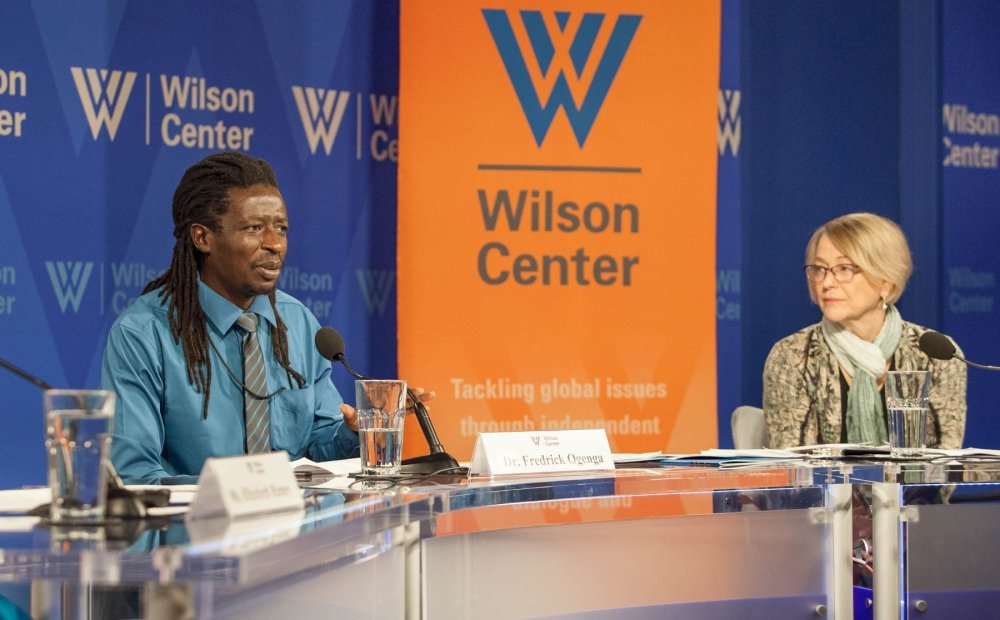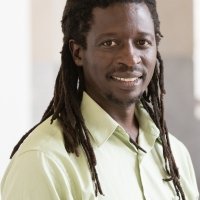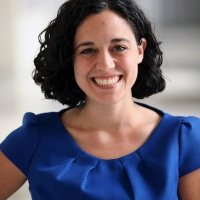Countering Female Violent Extremism in Kenya: Government and Media Approaches

On November 1, 2016, The Wilson Center Africa Program hosted Dr. Fredrick Ogenga, a Southern Voices Network for Peacebuilding Scholar, and the United States Institute of Peace’s Dr. Kathleen Kuehnast to discuss the issue of female violent extremism in Kenya and beyond.
Dr. Ogenga presented an analysis of media coverage of female violent extremism in Kenya from two mainstream Kenyan newspapers, The Daily Nation and The Standard. His research uncovered a limited but growing number of cases in which women have participated in terrorist activities connected with al-Shabaab, both as agents “on the frontline” engaging in direct attacks, and as wives of al-Shabaab members (“jihadi brides”) attempting to cross the border from Kenya into Somalia to join the terrorist group. Based on the information known about these individuals, who were generally young (aged 19-21), middle class, and fairly well-educated, Dr. Ogenga emphasized the need for a holistic understanding of the drivers of radicalization among women in Kenya beyond economic marginalization alone. In presenting policy options, Dr. Ogenga called for a more robust analysis of the role of gender in violent extremism, both within government counterterrorism strategies and within media coverage, to move beyond simplistic narratives of women as victims and bystanders. Likewise, to complement community-driven approaches to countering violent extremism (CVE) among women, Dr. Ogenga recommended greater cooperation with moderate Islamic theologians and the Kenyan Muslim community to reach young women and improve education about the tenets of Islam.
To complement Dr. Ogenga’s analysis of the specific gender dynamics in violent extremism in Kenya, Dr. Kuehnast provided a critique of the understanding of gender common in policy circles, starting with the reminder that “gender is not another name for women.” She challenged the notion that women are naturally peaceful, emphasizing that violence is a learned process, and one in which women have long been involved despite their roles being left out of conflict narratives. Building on Dr. Ogenga’s call for a strong gender analysis of women engaged in violent extremism, Dr. Kuehnast advised that such a framework should avoid conceptualizing gender as a binary, and instead recognize how gender roles are relational and can change over time. In doing so, analysts and policymakers must examine the ways in which terrorist groups utilize local gender dynamics to influence young minds – both male and female – and design programs to counter violent extremism that engage men as well as women.
The Southern Voices Network for Peacebuilding (SVNP) is a consortium of 21 research and policy organizations from across Africa that seeks to foster dialogue and increase the visibility of African perspectives within the U.S. policy arena. One of the main components of the SVNP is the Africa Research Scholarship Program, through which the Wilson Center Africa Program hosts scholars from member organizations for a three-month resident scholar program in Washington, D.C., allowing them to engage with U.S. policymakers and practitioners and conduct policy-oriented research. The SVNP is made possible through the generous support of the Carnegie Corporation of New York.
This event was live-tweeted and an audio recording is available above. Follow the Africa Program on Twitter @AfricaUpClose and catch up on the conversation with the hashtag #femaleviolentextremism.
Speakers

Associate Professor of Media and Security Studies, Rongo University and Founding Director, Center for Media, Democracy, Peace & Security (CMDPS).
Moderator

Hosted By

Africa Program
The Africa Program works to address the most critical issues facing Africa and US-Africa relations, build mutually beneficial US-Africa relations, and enhance knowledge and understanding about Africa in the United States. The Program achieves its mission through in-depth research and analyses, public discussion, working groups, and briefings that bring together policymakers, practitioners, and subject matter experts to analyze and offer practical options for tackling key challenges in Africa and in US-Africa relations. Read more
